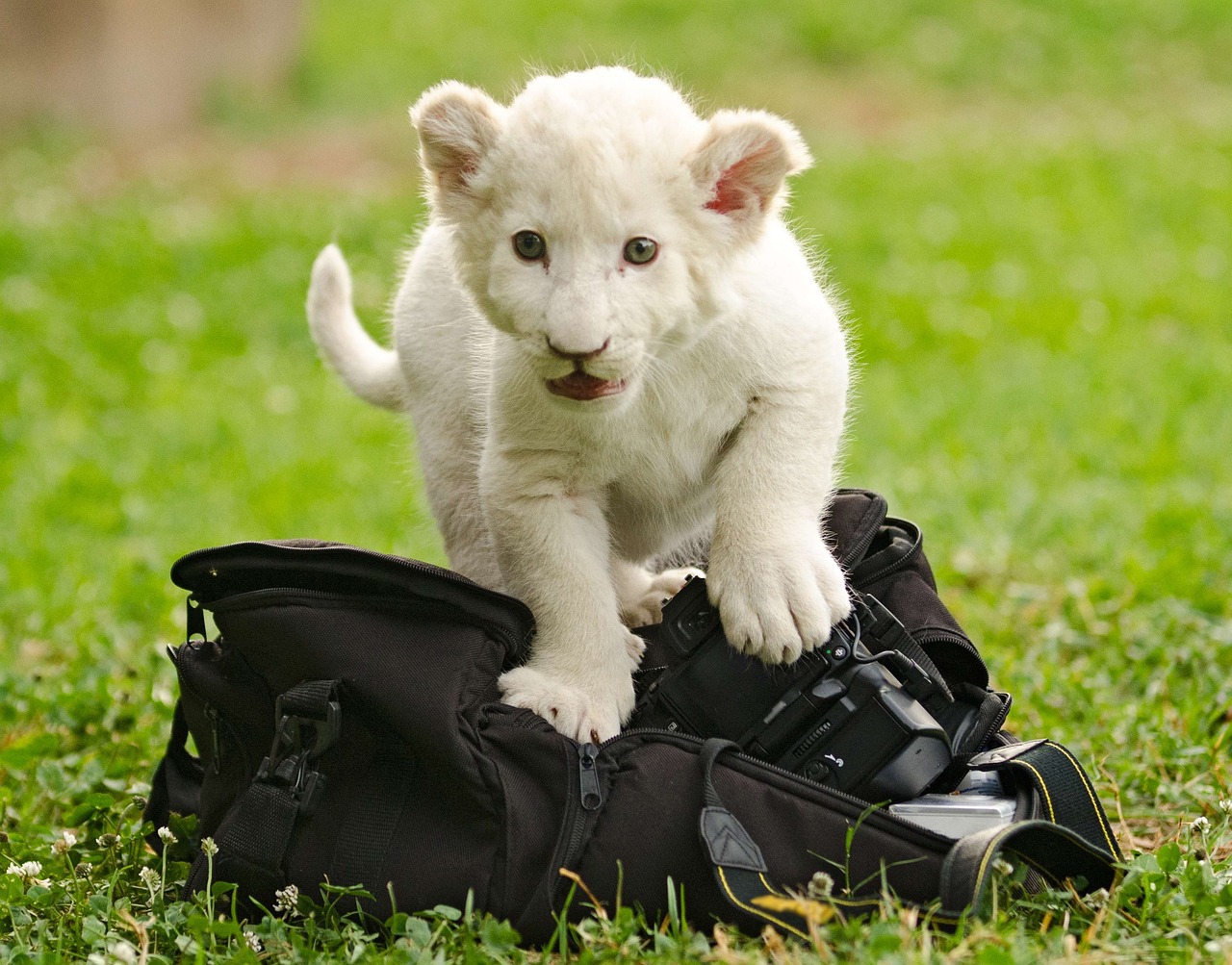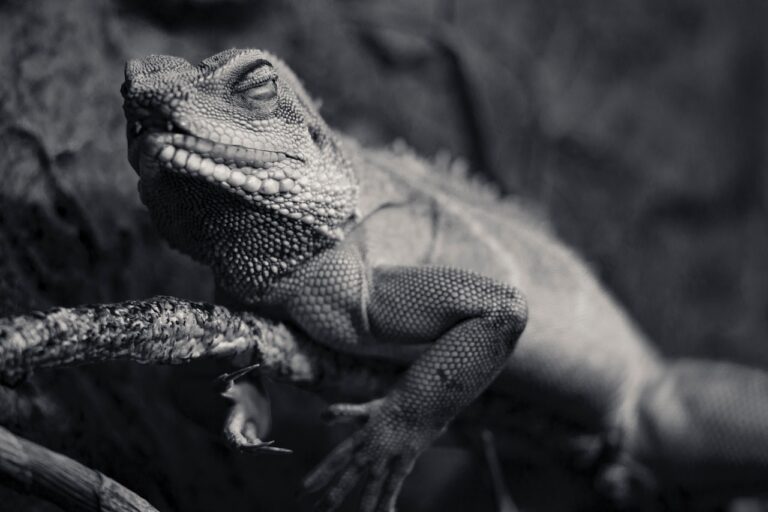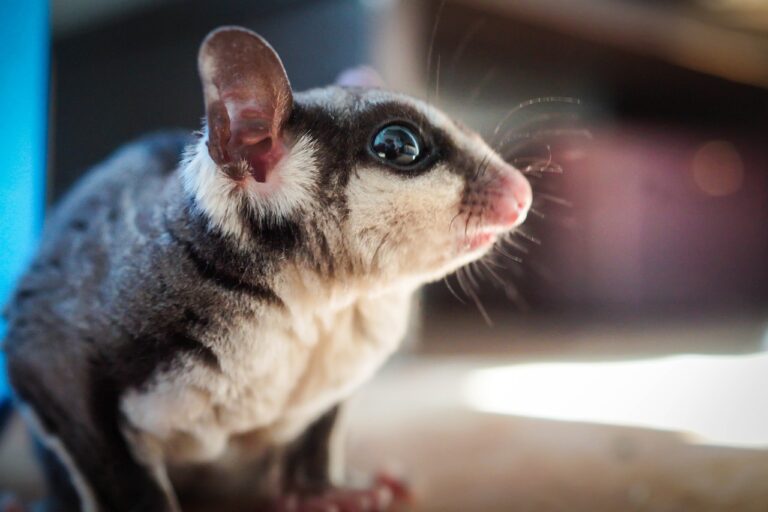The Most Expensive Exotic Pets in the World: Ranked by Price
Pets have always been a popular choice for animal lovers, but some take it to the next level by owning the most expensive exotic pets in the world.
These pets are not your average dogs or cats but rather rare and exotic creatures that come with a hefty price tag.
The amount of money spent on these pets is mind-boggling, and it raises the question: why would anyone pay so much for a pet?
In this article, we’ll explore the most expensive exotic pets in the world, their prices, and what makes them so unique and sought after.
Key takeaways:
- Exotic pets can be a status symbol and a way to showcase one’s wealth and extravagance.
- The most expensive exotic pets in the world include rare and unusual species such as white lions, savannah cats, and albino pythons, among others.
- The cost of exotic pets is determined by factors such as rarity, availability, and the cost of specialized care and housing.
- Exotic pets require a lot of attention, space, and specialized care, and may not be suitable for inexperienced or casual pet owners.
- The trade and ownership of exotic animals is a controversial issue, with concerns over animal welfare, illegal trafficking, and the risk of injury and disease transmission.
- Before considering an exotic pet, it’s important to research the animal’s needs, legal requirements, and potential risks, and to consult with a veterinarian or experienced pet owner for guidance.
Why are Exotic Pets Expensive?
The high price of exotic pets is largely due to their rarity and the difficulty of acquiring them.
These animals are often not found in local pet stores and require special permits, shipping arrangements, and professional care.
Additionally, breeding these animals in captivity can be challenging, and the cost of maintaining their health and welfare can be high.
The Most Expensive Exotic Pets in the World
1. The White Lion – $140,000
The white lion is one of the rarest big cats in the world, with only 3 known white lions currently roaming free in the wild.
They are not albino, but a genetic mutation causes their fur to be white.
These majestic creatures are popular with wealthy individuals and celebrities, and it’s not hard to see why.
Their striking appearance and rarity make them a symbol of power and prestige.
2. White Bengal Tiger – $100,000
The white Bengal tiger is a rare and majestic creature that is highly sought after by collectors.
They are not albino, but a genetic mutation causes their fur to be white.
There are only around 2,000 white Bengal tigers in the wild across the earth, making them a symbol of power and prestige. Due to their rarity and popularity, they come with a hefty price tag.
3. Savannah Cat – $50,000
Savannah cats are a hybrid breed of domestic and serval cats, resulting in a unique and wild-looking cat.
They are intelligent, curious, and can weigh up to 30 pounds.
Due to their wild heritage, they require a lot of attention and exercise to keep them happy and healthy.
Their high price tag is due to their rarity and the demand for this unique breed.
4. Lavender Albino Ball Python – $40,000
Ball pythons are a popular choice for snake enthusiasts, and the lavender albino morph is one of the rarest and most expensive.
These snakes have a unique lavender coloring and bright red eyes, making them a sought-after addition to any collection.
5. Blue and Gold Macaw – $20,000
The blue and gold macaw is one of the largest and most colorful species of parrot, and their striking appearance makes them a popular choice for pet owners.
However, their high price tag reflects the fact that they require a lot of space, attention, and specialized care to thrive in captivity.
6. Platinum Clownfish – $16,000
The platinum clownfish is a rare and highly coveted morph of the common clownfish, known for its unique white coloration.
These fish require a specialized environment and diet to thrive, which contributes to their high price tag.
They are popular among serious aquarium enthusiasts and collectors, who are willing to pay a premium for their rare and striking appearance.
7. Palm Cockatoo – $16,000
The palm cockatoo is a rare and stunning bird native to Australia.
They have a distinctive black beak, vibrant red cheeks, and can live up to 60 years in captivity.
They are known for their intelligence and ability to mimic human speech.
Their high price tag is due to their rarity and the difficulty in breeding them in captivity.
8. Chinese Giant Salamander – $15,000
The Chinese giant salamander is the largest amphibian in the world, reaching lengths of up to six feet.
They are native to China and have been revered in Chinese culture for thousands of years.
However, they are critically endangered in the wild due to habitat loss and over-harvesting for their meat and skin.
As a result, owning a Chinese giant salamander requires a lot of paperwork and permits, and they require specialized care to thrive in captivity.
9. Chinese Water Dragon – $10,000
The Chinese water dragon is a stunning lizard native to Southeast Asia.
They are known for their bright green coloring and can grow up to 3 feet in length.
They require a lot of attention and care, including a specific diet and a heated enclosure.
Due to their rarity and unique appearance, they are popular with reptile enthusiasts.
10. Japanese macaque – $10,000
Japanese macaques, also known as Snow monkeys, are a species of primates native to Japan.
They are famous for their thick, white fur and are known to live in hot springs during the winter months.
As pets, snow monkeys require a lot of specialized care and attention, including a proper diet and a large living space that mimics their natural environment.
They are also highly intelligent and social animals, and require regular interaction and stimulation to prevent boredom and depression.
Due to their specialized needs, snow monkeys are a rare and expensive pet, with some specimens selling for up to $10,000.
The Ethics of Owning Exotic Pets
While owning an exotic pet may seem like a luxury, it is important to consider the ethical implications of keeping these animals in captivity.
Many of these animals are not meant to be kept as pets and require specialized care that many people are not equipped to provide.
Additionally, the exotic pet trade can contribute to the endangerment and extinction of certain species.
It is crucial to research the animal’s needs and welfare before deciding to take one home as a pet.
Conclusion
The most expensive exotic pets in the world are not for the faint of heart, as they come with a high price tag and specific care requirements.
However, for those willing to make the investment, these rare and exotic creatures can provide a unique and rewarding pet ownership experience.
While the ethics of owning exotic pets are debatable, it’s important to remember that these animals deserve to be treated with respect and care.
As with any pet, it’s important to do your research and make sure you’re prepared for the responsibility that comes with pet ownership.
Whether you’re a collector or just a pet enthusiast, the most expensive exotic pets in the world are a fascinating and intriguing aspect of the animal kingdom.
FAQs
Can anyone own an exotic pet?
No, owning an exotic pet requires special permits and permissions.
Additionally, the laws regarding exotic pets vary by state and country.
Are exotic pets more expensive to care for?
Yes, exotic pets often require specialized care and attention, which can be costly.
What is the most expensive exotic pet in the world?
The most expensive exotic pet in the world is the Koi Fish, which can cost up to $2 million.
Is it ethical to own an exotic pet?
It depends on the species of animal and the care provided.
It is important to research the animal’s needs and welfare before deciding to take one home as a pet.
Why are exotic pets so expensive?
Exotic pets are expensive due to their rarity, difficulty in acquiring them, and the cost of maintaining their health and welfare.
What are some of the challenges of owning an exotic pet?
Owning an exotic pet can be challenging due to their specific care requirements, potential health issues, and legal restrictions.
Peter Stones is the founder of Exotic Pets Place, the leading online resource for exotic pet care information.
With over 10 years of hands-on exotic pet ownership experience, he is deeply passionate about sharing his expertise to help others properly care for their unusual pets.
When he's not writing extensively researched articles or connecting with fellow exotic pet enthusiasts worldwide, you can find Peter at home tending to his own beloved menagerie of exotic animals.





![Exotic Pet Youtubers The Top 8 to Follow [+ Links], someone watching youtube on a tablet](https://exoticpetsplace.com/wp-content/uploads/2023/06/Exotic-Pet-Youtubers-The-Top-8-to-Follow-Links-someone-watching-youtube-on-a-tablet-768x554.jpg)

